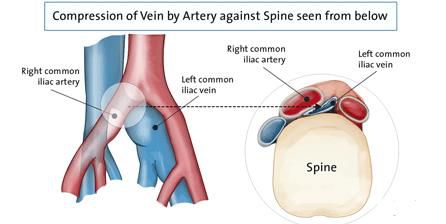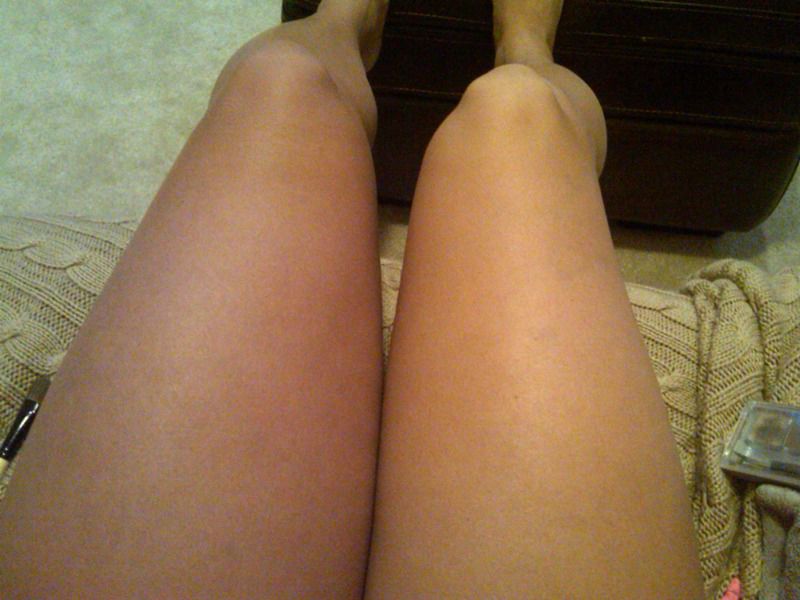What is a “Vein Doctor”?
Most people find three broad groupings of physicians who call themselves “Vein Doctors”: Vascular Surgeons, Phlebologists and Vein Specialists…(the third group is typically made up of Cardiologists, Interventional Radiologists and Dermatologist)
Vascular Surgeons:
Vascular surgeons, are a sub-set of medical doctors who have trained for 4 years in medical school, followed by a 5-7 year General Surgery Residency Program followed by another 2 Year Vascular Surgery Fellowship. They are one of only three surgical specialties that include formal training in operative management and the medical care of patients with diseases of the blood vessels. After completing a rigorous course of study at an accredited training program vascular surgery fellows are eligible to sit for series of very difficult, multi-day written and oral examinations during which time they are evaluated by their peers to establish a minimum competency bench marked against a national database of practicing vascular surgeons. Only after successfully passing both parts of these difficult examinations can a board eligible vascular surgeon be granted ABMS Board certification. ABMS Board certifications are valid for 10 years after which Vascular Surgeons must re-test and pass their board examinations or lose their status as being Board Certified
Summary:
- Specifically trained to manage both the operative and medical care of patients with diseases of blood vessels.
- Required to take and to maintain very rigorous examinations to following a lengthy residency program.
- Hold hospital operative privileges
- Can provide complete post operative care, including for any potential complication that may result as a direct result of the procedure performed.
*The American Board of Medical Specialties (ABMS) was first established in 1933 to assist in the development and use of standards in the ongoing evaluation and certification of physicians. ABMS is recognized as the “gold standard” in doctor certification and believes that better trained physicians means better care for patients. There are only 24 ABMS board certified medical specialities. Only ABMS Board Certified physicians can be privileged to work at Joint Commission certified hospitals. (see the ABMS website for additional iniformation at http://www.abms.org/)
Phlebologists:
Phlebology doctors are doctors who take care of vein issues. The American Board of Phlebology was only recently established in 2007 with the goal of setting standards of practice, establish training programs in venous disease, but IS NOT an ABMS accredited speciality. Any physician, however, who has performed a residency in any one of the 24 recognized ABMS specialties can call himself or herself a phlebologist and say they are “board certified” in phlebology if they simply pass a written test and have additional documentation of having had some experience dealing with venous disease. Simply taking a “written test”, however, is very different than having participated in a board eligible residency program where the training prepares physicians to address ANY outcome that may arise from complications during a procedure. It’s very important to keep in mind that Practitioners who call themselves “board certified” phlebologists have not had adequate training in a specialty that is surgical or invasive in nature; they cannot manage independently any problem that may arise during the patient’s care and they are not prepared to diagnose and or to treat any postoperative problem that may result as a direct result of the care by the phlebologist.
“Board certification” in phlebology is VERY DIFFERENT than an ABMS Board Certification and should NEVER be considered an equivalent certification.
Phlebology “Board Certification” DOES NOT require the physician to have hospital admitting privileges in this specialty. In the course of their treatment, if a problem arises, phlebologists must send their patient to the hospital through the emergency room and have an ABMS board certified vascular surgeon treat their patient and deal with the complication. Phlebology is not one of the 24 recognized ABMS medical specialties, but, the term “Board Certification” is used by Phlebologists to evoke a certain level of professional training. Consequently, this concept of board certification can be very confusing to patients.
The harsh reality is that board certification in phlebology should not convey to the public that the physician has had proper training in the care and treatment of vascular disease.
Summary
- Phlebology doctors are NOT specifically trained to manage the operative (invasive) and medical care of patients with diseases of blood vessels. Their specialized vein training is obtained via a series of short “Professional Development” and or weekend courses.
- Phlebology doctors achieve board certification via a written examination, not following an extensive residency training program
- Phlebology doctors can NOT provide complete post operative care, especially for any potential complication that may result as a direct result of the procedure performed.
- Phlebology doctors can not treat vascular disease as a speciality and are limited to the cosmetic treatment of Varicose veins.
Vein Specialist:
Vein specialist is a “catch-all” phrase used by a multiple of medical sub-specialties, primarily Cardiologists, Interventional Radiologists and Dermatologists. Physicians from each of these groups, ARE typically ABMS “board certified” in their respective fields, but also perform cosmetic vein procedures as a means to help supplement their practices. Most often, however, Vein Specialists have developed their Varicose Vein Treatment expertise at courses and it is not their primary specialty. It IS VERY IMPORTANT TO KNOW that these doctors HAVE undergone very specialized, sophisticated and advanced RESIDENCY training in their respective fields of practice. However, they are not trained to do surgery and often learn to do the surgical aspect of venous work at a course. Cardiologists, Interventional Radiologists and Dermatologists have all had extensive procedural and medical training and are all ABMS certified specialities.
Summary
- Vein Specialists are typically ABMS Board Certified Cardiologists,Interventional Radiologists or Dermatologists
- These specialists HAVE achieved Board Certification following an intensive residency training specific to their primary fields of study
- These doctors can become Varicose Vein specialists following supplementary course work, but are NOT specifically trained in the diagnosis and treatment of all aspects of Arterial and Venous disease.

